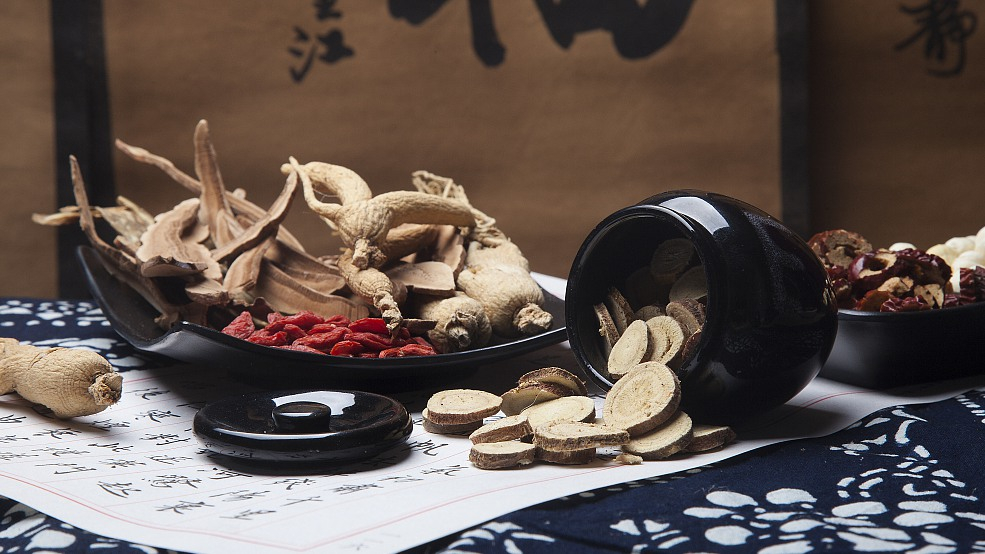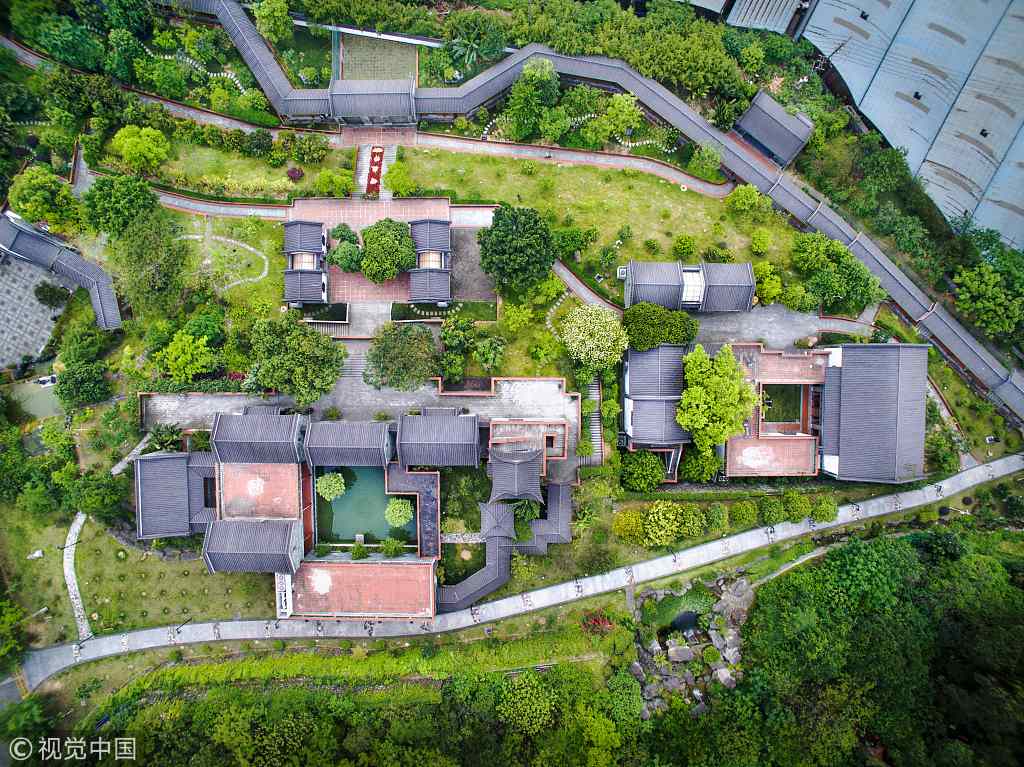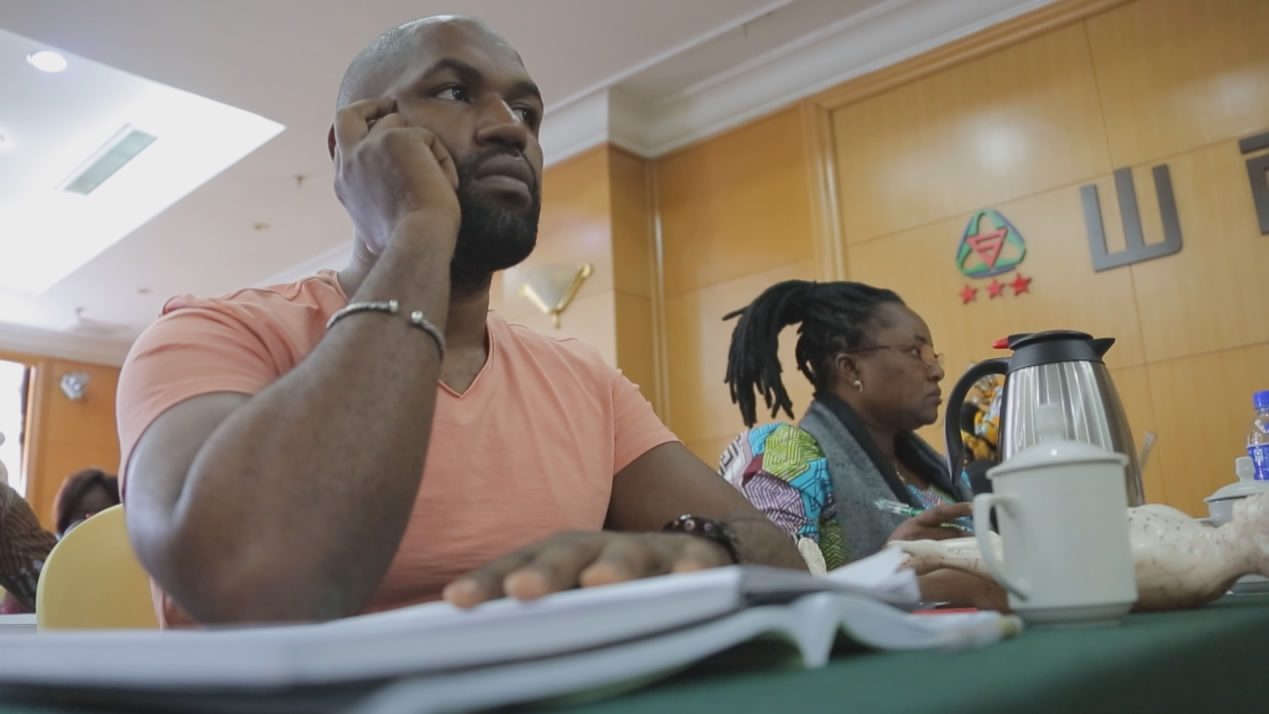
Perspective
20:36, 17-Mar-2019
Will the first evidence-based TCM center provide global opportunity?
Harvey Dzodin

Editor's note: Harvey Dzodin is a senior fellow of the Center for China and Globalization and former legal advisor in Carter administration. The article reflects the author's opinion, not necessarily the views of CGTN.
Recent news in China has been dominated by the annual meetings of the National People's Congress and Chinese People's Political Consultative Conference, one of the most important political events in the country.
However, you may have missed an announcement that can herald the opening up of traditional Chinese medicine (TCM) to the rest of the world and with it the promise of relief for a variety of ills and billions of dollars in sales for companies at home and abroad.
Last week the world's first evidence-based TCM Medical Center was officially established in the China Academy of Chinese Medical Sciences (CACMS).
Evidence-based proof of efficacy means having statistically significant double-blind clinical trials in which a large number of patients get either a placebo or the medical treatment or medicine with the doctors not knowing which one any given patient gets.

Guangdong Chinese Medicine Museum. /VCG Photo
Guangdong Chinese Medicine Museum. /VCG Photo
According to Huang Luqi, an academician with the Chinese Academy of Engineering and head of CACMS, with these studies, the clinical effectiveness of TCM is expected to be enhanced. Also, more opportunities will be provided for TCM to "go global."
From living in China for so many years, I have many remarkable memories of TCM.
The first time I visited China was in 1988. It was also the first time I witnessed TCM in Wuxi, Jiangsu Province. I had heard of it but, except for acupuncture, it wasn't widely known in the West at that time.
I'm a "show me" kind of guy and was prepared not to be impressed. It defied my empirically-based training. However, when I visited a qigong master who massaged qi or energy fields of the body to cure disease, I was amazed that I could feel the heat in my knee and almost instant pain relief even when the Master was treating me from across the room. I thought, aha, maybe there was something to this millennia-old practice.

More young foreign medics are coming to China to learn TCM. /CGTN Photo
More young foreign medics are coming to China to learn TCM. /CGTN Photo
But to this day the efficacy of TCM is controversial outside of China.
The establishment of the TCM Medical Center may change the situation. As vice president of ABC TV, I supervised the acceptance of advertising claims which required this exact same testing that the new TCM Center will be coordinating and supervising. The importance of such tests should be self-evident as what's being tested could make the difference between life and death.
It's crystal clear that some TCM ingredients do work. Take the inspiring case of China's first Nobel Prize winner, Dr Tu Youyou for work she did. From a 1,600-year-old Chinese text, she identified and isolated the active ingredient in the TCM ingredient made from the qinghao plant to create the antimalarial drug, Artemisinin.
And there are other identified TCM ingredients that may produce new cures. Huperzia Serrata has shown promise in slowing Alzheimer's Disease; Fingolimod, developed from caterpillar fungus, is used for treating multiple sclerosis. Turmeric, another TCM ingredient, is used as an anti-inflammatory. Even arsenic, a poison at higher doses, has shown efficacy in treating one kind of leukemia.
A number of Chinese TCM experts and manufacturers, as well as government officials up to a former Chinese Minister of Health, have frequently asked me why they've had limited success in exporting TCM abroad.
I told them that a lack of evidence-based research is the main problem. Other problems include the lack of standardization of ingredients and the related problem of impurities or toxic substances.
The establishment of the evidence-based TCM Medical Center will certainly address these issues and I believe will help break the logjam that now exists.
(If you want to contribute and have specific expertise, please contact us at opinions@cgtn.com.)

SITEMAP
Copyright © 2018 CGTN. Beijing ICP prepared NO.16065310-3
Copyright © 2018 CGTN. Beijing ICP prepared NO.16065310-3